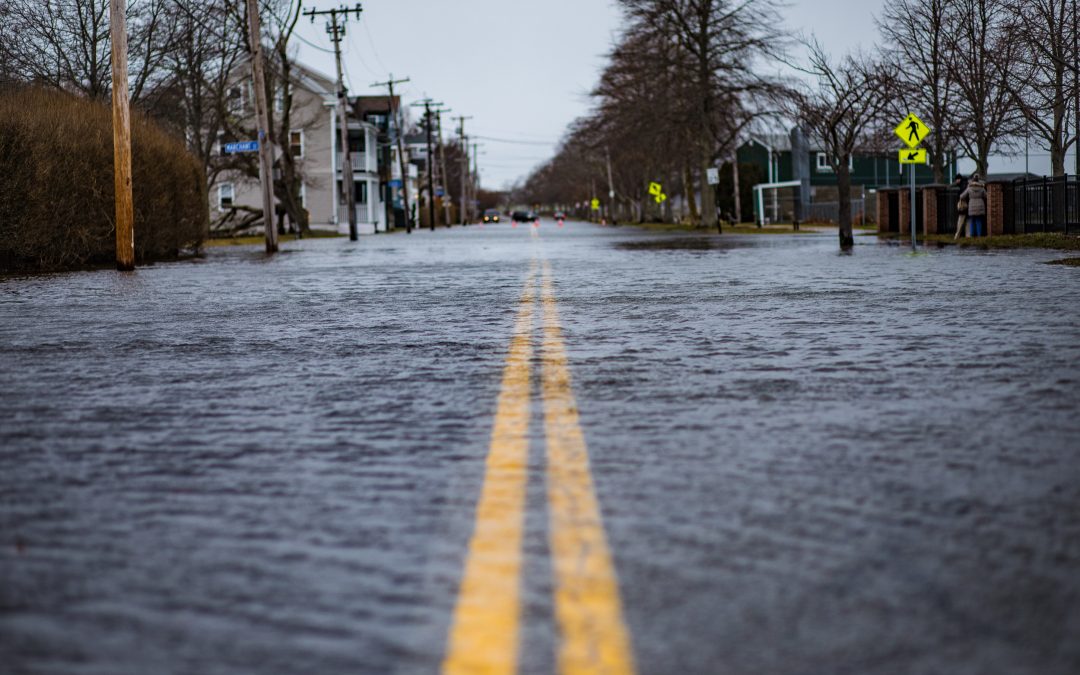America’s top civil engineers gave Michigan’s overall infrastructure a C- letter grade in a new state-by-state report card, warning that the state’s roads, bridges, dams and underground pipelines require attention or could be at risk of failing.
The state’s bridges, drinking water, energy infrastructure, roads and stormwater systems received D grades from the American Society of Civil Engineers (ASCE). The report, issued every five years, was especially critical of the resiliency of Michigan’s electric grid following a spate of extended power outages for customers of DTE Energy and Consumers Energy across the southern Lower Peninsula.
Airports, inland waterways, public parks, railroads, solid waste and wastewater facilities all received C grades in the ASCE report. Dams, schools and public transit received C- grades, according to the report.
“A cumulative C- means our infrastructure is in mediocre condition and requires attention,” said Brad Ewart, president of the Michigan chapter of the American Society of Civil Engineers, adding it’s an improvement from the D+ Michigan received in the 2018 report card. “We’re seeing similar results across the country.”
Compared with the ASCE report card five years ago, Michigan’s grades for drinking water, rail, roads, schools and stormwater improved while the two grades for bridges and energy infrastructure got worse.
Of the 14 categories, seven had grades higher than the national average; however, some categories have not reached targeted goals, said Ron Brenke, executive director of the American Council of Engineering Companies of Michigan. For example, bridges have received increased state funding in recent years, but 11% of bridges in Michigan are rated in poor condition, more than the 7% national average.
This article originally appeared in The Detroit News. To read the rest, click here.

